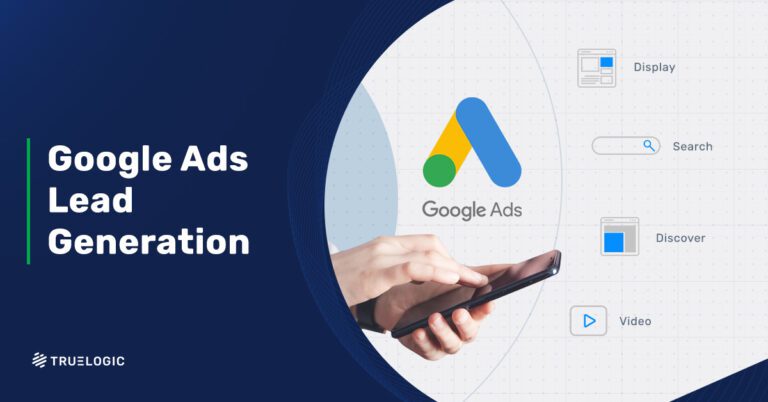5 Steps to Better PPC Management

The single most powerful ranking factor, as you may very well know, is good-ol’ content. Organic search rankings and your authority in the eyes of your audience depend on it.
Good content is about originality and usefulness for your target audience. The value your audience finds in your content is the determining factor for trust. And whether we’re talking about the actual trust that your audience feels for you or the authority that Google recognizes when its bots crawl your site, trust is always a good thing for any business.
But an Internet user does not search for “trust” when they use a search engine—at least, not literally and directly. They use keywords. And when you’re a business owner, a marketing specialist, an SEO expert, or a web developer, you know that keyword selection can make or break your digital marketing campaign. Your content may be king, but your keywords are the allies and envoys you employ to win the battle for search engines’ and your audience’s trust.
Case in point: PPC management. What you do with your management here will determine whether your campaign is worthy of an audience’s trust. And when you’re doing this, the operative word is targeting. When you target your keywords effectively, you are helping the search engines offer up your content—within your website, social presence, listings, etc.—with more accuracy and frequency, thus helping your business succeed with as little effort and expense as possible.
To make your AdWords management more effective than it already is, here are five simple yet oft-ignored or forgotten ways to target the audience you need to convert into paying customers.
1. Great keyword research is effective PPC advertising.
Keywords are there for you to use, but they are not exclusive. They are used by anyone who has ever heard of the term “search engine”—from customer to business owner. This means you have to use the ones that truly matter. Highly specific, targeted keywords, are the ones you want to bid on. When your list of keywords—courtesy of some really good and highly sensible research—is a solid list, you are already winning half the battle. Solid keyword research—this is where you start. Which leads us to the next item.
2. Audience persona drives AdWords campaign management.
Targeted demographics are easier to reach when you know more about them.
Solid keyword research is where you start your campaign, but where do you start your solid keyword research? Through a deeper and more involved understanding of your audience personas. This entails knowing who your target market is. Targeted demographics are easier to reach when you know more about them. For example, in addition to age and sex, find out what device they’re likely to use to reach you. What are their interests—generally and specifically? When are they likely to use the Web for what they need? Where are they accessing your website from? Even the weather has a massive effect on how people use the Internet, and AdWords can help you leverage that. The more you know about your audience persona, the easier it will be to build your keyword list for a more robust and successful PPC campaign.
3. Good PPC is always changing.
This job is never-ending. It’s not a one-time only event. Just like technology, keywords, SEO, and everything in between always goes through changes. The same is true about your PPC activity. Improvement is part of the business, as legitimate pay per click management services will tell you. Keep expanding that keyword list to make it stay relevant and strong. Use keyword groups and ad groups to organize these things. Monitor your progress and filter the keywords that are good and those that are no longer relevant.
4. Analyze your data.
A PPC agency may still fail at a campaign even with the right initial keywords, if the agency does not analyze data. Use a Web or customer analytics tool to help you get the most out of every digital campaign. Google Analytics, for example, is one of the most powerful tools you can use to do this. It is your best friend in terms of finding out what your next step should be in the never-ending digital marketing game. It may take some getting used to, but through time and with enough usage and perhaps a little customization, it will harness your campaign to enable increasingly accurate targeting, thus improving your campaign in the long term.
5. Let users tell you who they are.
A good website should always have a way to gather data. But a better website gathers data and quickly helps customers. So instead of making users waste time—and we all know that time is a precious commodity in Internet space—let them decide right from the beginning (right above the fold) where they would like to go. This means having clickables that point to who they are: B2B, B2C… Use buttons like Enterprise, Home, Business, etc. The user needs only a second to decide where they want to go and the experience is already personalized for them in a way. By doing this, you are helping your PPC because you are getting more data in less time. You can quickly figure out how to improve the campaign with all the data you are getting.
PPC management services matter because every campaign’s primary goal is to create opportunities for conversion. How solid your keyword list is, how good you are at paid search, and how strong your campaign becomes over time, will spell the difference between creating those opportunities and falling short. Targeting your audience with the right tools, activities, and vision for the future will make your campaign successful, and in turn build your credibility as a provider that people can trust.









